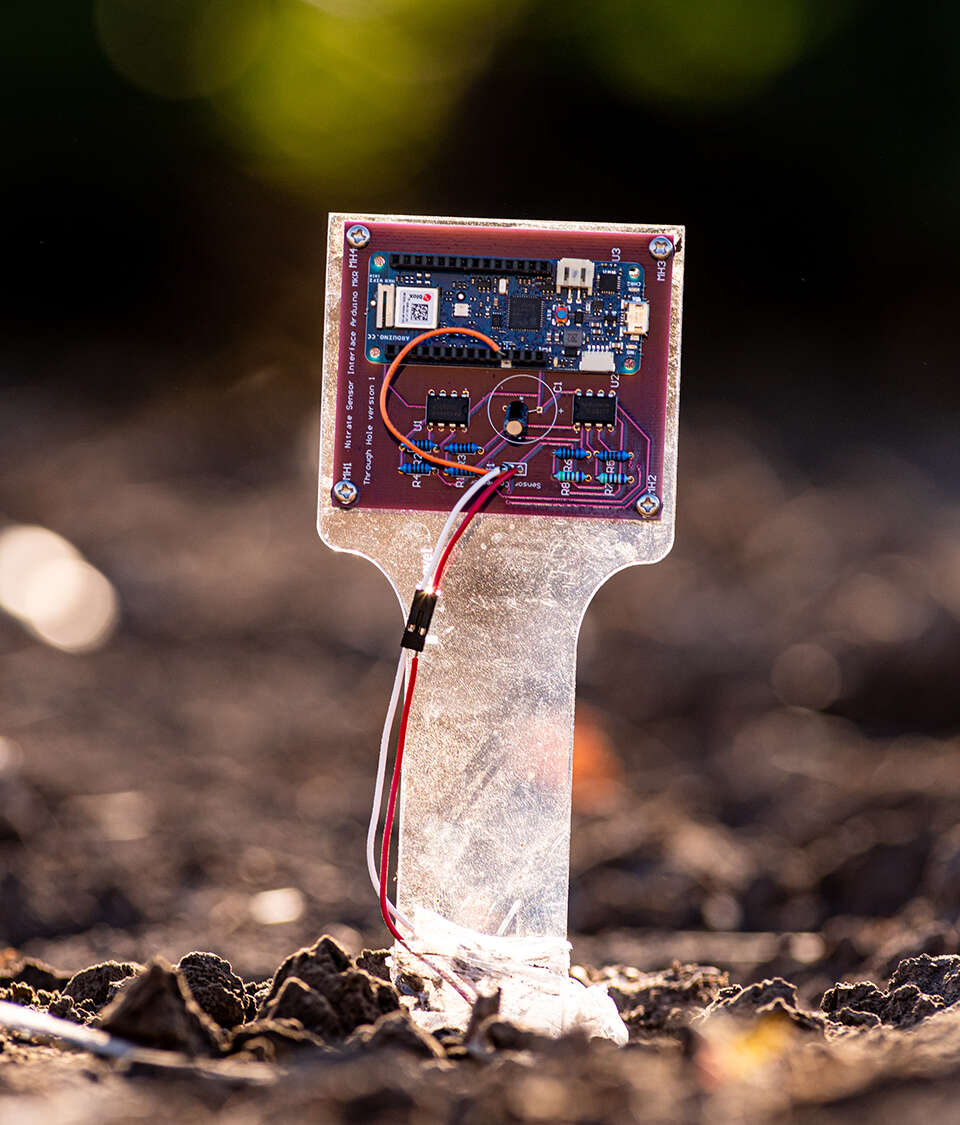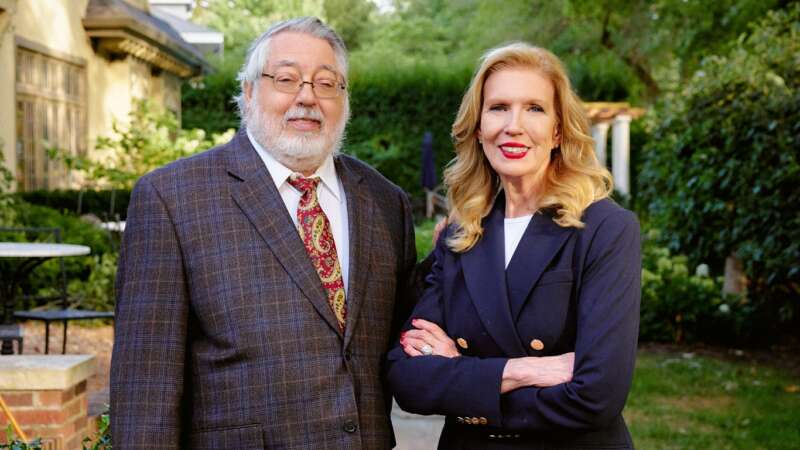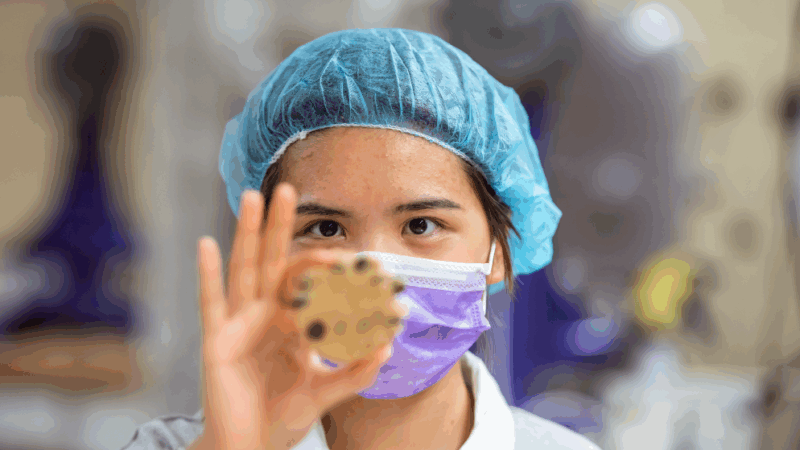K-State professor earns a $2 million grant to further precision agriculture with his nanoscale soil sensors.
Farming is all about making decisions. Farmers entertain many factors when deciding when, where and what to plant, and how to take care of their crops.
An outsider might imagine farming as the simple act of putting a seed into the ground, fertilizing it and watering it. While farming entails all of that, it includes a much larger variety of details from weed control to weather. Weather is the most detrimental aspect to raising crops. There may be years of drought, years of flood or the occasional hailstorm, on top of Kansas’ extreme temperature fluctuations.
With so many factors out of farmers’ control, significant scientific advancements are welcome in the areas they can regulate.
Precision at the particle level
Suprem Das, associate professor of industrial and manufacturing systems engineering, received a $2 million grant from the National Science Foundation’s Global Centers program to bring microscale soil sensors for precision agriculture down to the nanoscale.
“The sensor devices will be small, around a millimeter by a millimeter in size,” Das said. “But if you look at them under a high-resolution microscope, all of them will have materials that are truly measuring at the nanoscale.”
This project makes sensors with atomically thin carbon sheets that can more accurately detect nutrients, chemical compounds, soil microbiomes and greenhouse gases in soil in real time. Sensors also advance research into environmental issues such as repurposing waste products and understanding chemicals that suppress certain agricultural greenhouse gases.
Right now, research is taking place at the K-State North Farm in Manhattan, Kansas, but the goal is to spread the sensor technology to the rest of the United States, Canada and the United Kingdom. Das is also forming a global center to help train students in this research and increase understanding of the proposed sensors’ capabilities.
“With this highly interdisciplinary team effort, we’re developing these sensors from concepts in the lab to practical application on the farm — all while training the next generation of scientists and engineers,” he said.
Curated from: How K-State is engineering the next-generation of enabling technologies



